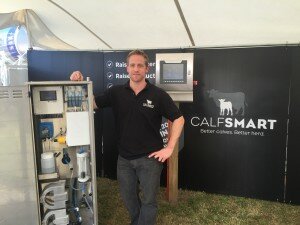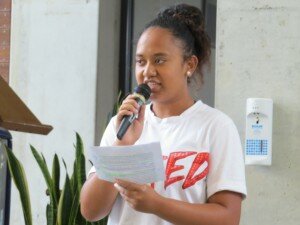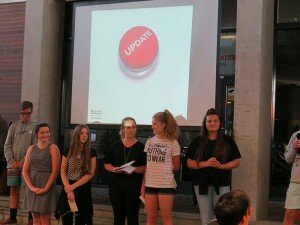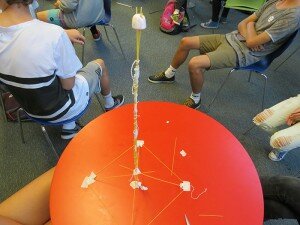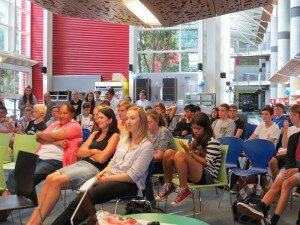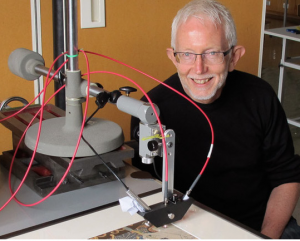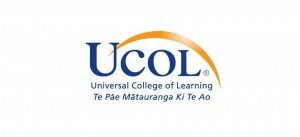
While scouring the internet, I was elated to come across a YouTube clip showcasing the ‘rollercoaster ride of the entrepreneur’. It really resonated with my frustrations, victories and celebrations along the way to creating a product and it was nice to know that others feel the same way.
And what a rollercoaster ride it is. On the first day of designing Epic Writer, I sat on my child’s bed with an A5 pad, drawing features, sketching graphics and noting ideas. Unleashing my creativity felt unbelievably good.
But then there are the challenges. One of my biggest challenges has been describing to my web designers what I want, down to the minutest detail, which is harder than you’d think and can at times be very frustrating. My designers and I have a great relationship though and such a project would never have happened without it – they share my passion, which is just vital.
I now use a website called RealtimeBoard, which allows me to upload my sketches, photos, graphics and notes. While I’m not a software specialist, I somehow ended up as a software entrepreneur through my love of teaching. I’m not your typical software entrepreneur – you only have to take a glimpse of my 27” Mac with its glittery rim decorated with hearts to see that – yet I am changing content on the front end and redesigning features on the back end of the website daily.
Having access to the site now and upskilling has been a huge turning point for me and I’m really enjoying having this control, redesigning it myself as I experiment with my vision and add valuable feedback accordingly.
Magical moments are a driver for me. A recent one was having my car sign written with our branding and a few graphics. Children stop and point at my graphics now as I drive past. My biggest moment was watching children write a story with Epic Writer for the first time. One child who hated writing stories wrote and didn’t want to stop.
However, Epic Writer is new software and naturally with that comes functionality issues. Now we have the first version up and running, it’s much easier to fine tune the functionality.
Other people can see my vision more clearly now too, which helps, but also puts it in the firing line for more criticism. I have to keep up my vision, listen, and view all feedback as helpful, however hard that may be sometimes. I have grown so much in confidence over the last 12 months but I’ve also become very thick skinned too – you have to be; being in business can be harsh.
In the early stages I was terrified that someone would steal my idea, even when entering Innovate 2014. I now believe the biggest risk is not sharing. Business is about people and every child, educator and parent I interact with shapes Epic Writer’s development. The idea I took to Innovate has become so much greater, which is due not only to the input from others, but also to my own drive, passion and vision. I now have confidence that is continuing to grow with every step we take along the way.
